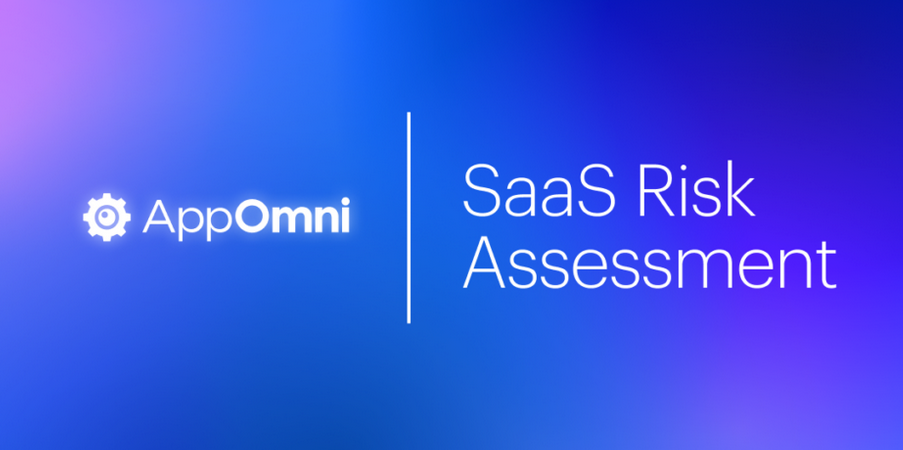It is important for organizations to make sure the various tools (SIEM, ticketing, SSO, and so on) used within the organization are also part of the tools offered by CSPM vendors. CSPM vendors also must provide comprehensive guidance and support for the integration type they offer.
Let us now understand the most common integrations offered by CSPM tools.
SSO integration
SSO integration enables users to access the CSPM tool using their existing login credentials from a central IM system. This integration eliminates the need for separate login credentials, simplifies user management, and improves the user experience. Most CSPM tools are leveraged to integrate with industry-wide identity providers (IDPs) such as Okta, OneLogin, Azure Active Directory (AAD), AWS, SSO, Google Workspace, JumpCloud, Auth0, Ping Identity, and more. CSPM vendors usually also provide generic integration features for SSO integrations that are not offered directly by them.
SSO integration is a crucial step for modern security concepts such as zero-trust architecture (ZTA). Let us now understand another important topic, which is CSPM integration with ticketing tools.
Ticketing system integration
Integration with a ticketing or IM system allows the CSPM tool to automatically generate tickets or incidents when security findings or alerts are detected. This integration streamlines IR processes, ensures proper tracking and resolution of security issues, and provides a centralized view of security events. An effective CSPM tool should be able to integrate with a commonly used and wide range of ticketing tools such as BMC Remedy and ServiceNow, and agile tools such as Jira and Azure DevOps.
Ticketing tool integration is a crucial step for the remediation of security issues such as misconfigurations in the cloud environment. Let us now understand the integration of CSPM tools with communications tools.
Collaboration and communication (notifications) integrations
Integration with collaboration and communication platforms, such as Slack or Microsoft Teams, allows the CSPM tool to send real-time notifications, alerts, or reports to designated channels or individuals. This integration ensures that stakeholders are promptly informed about security events and can collaborate effectively to address them. Some of the most common notification integrations offered by CSPM tools are Slack, Microsoft Teams, PagerDuty, Opsgenie, Google Cloud Platform (GCP) Publish/Subscribe (Pub/Sub), Amazon Simple Queue Service (Amazon SQS), and Amazon Simple Notification Service (Amazon SNS).
By leveraging Webhook integration, you can automate the transmission of alerts to external applications. This functionality is particularly useful in client-side object model (CSOM) automations, where alerts from the CSPM tool can be seamlessly pushed to your application when specific automation conditions are fulfilled. Typically, CSPM tools send alert data to a designated Webhook endpoint through a POST HTTP request in JSON format. Webhook integrations offer distinct advantages over API token-based integrations as they are event-driven, triggering actions as opposed to scheduled API requests.
The integration of CSPM tools with communications tools is a very important step for the remediation of severe security issues as it enables us to inform the right stakeholders at runtime. Let us now understand the integration of CSPM tools that enrich reporting capabilities.
